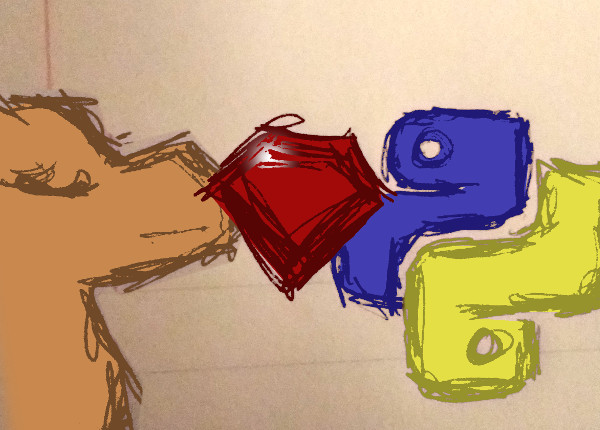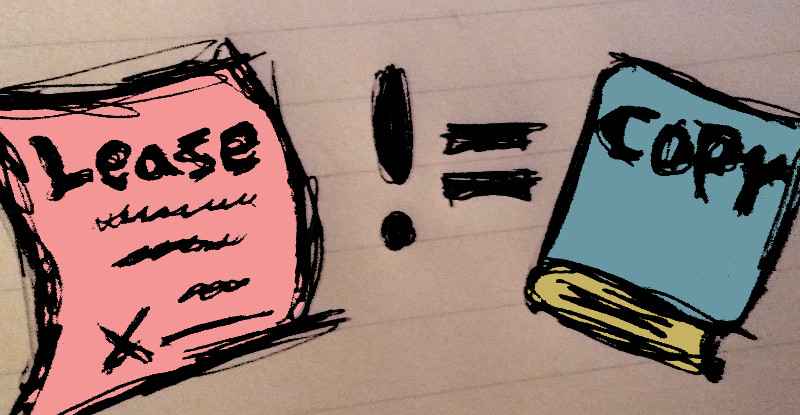Looking back on the time and energy I poured into making free software leaves me with regret. From the whole experience I gained perhaps some minor notoriety, a few entertaining IRC chats, and the realization that ‘free’ doesn’t pay for itself.
Being a teen who loved game technology and Star Wars, I spent thousands of hours combining them to contribute to a game modification known as Star Wars Quake: The Call Of The Force. While I enjoyed the work at the time, it became obvious looking back that I can never directly profit from it because:
- It’s already been released for free
- Trademarks belong to someone else
Others have successfully turned their game-modding hobbies into careers or products. I wish them, and those seeking the same path, all the best.
Regardless, I don’t regret making mods. What I regret most is spending so much time doing work with little or no hope of reimbursement. Ten to twenty hours a week over five years is a lot of time. Had it not been so much time and effort, led to a job, or if it could have been sold then I’d feel differently. So my advice to would-be producers/modders is to be very careful before working with another company’s property and consider the consequences before releasing any of your work at no cost.
As a user of software, the abundance of free software is undeniably a win: not only can it provide value at no cost, but there are often several, zero-cost solutions. And it’s increasing obvious that free and open software is gaining serious popularity. Most troubling to me are the all-software-should-be-free expectations of users and the anti-proprietary culture demonizing producers who choose a different path. Despite making a living producing proprietary software I too found myself frowning upon non-free or non-open software at times.
Cases can, and have, been made for why open and/or free is the best way for some endeavors; such as non-profits or governments. Yet there is still value to consumers in paying for the use or a copy of software instead of only it’s initial development. For example, I personally find paid editions of software more pleasant than the minefield of ads and toolbars increasing common in otherwise free software.
There is also plenty of room for compromise. A few possible hybrid approaches include:
- Vendors could agree to release source code when a product reaches end-of-life
- Consumers could opt to pay a premium price for editions with source included
- Source could be provided upon request, with or without redistribution rights
The trend seems to be that software producers feel pressure to move from standalone products to providing services. Anecdotal evidence also indicates that free and open isn’t a the be-all-end-all solution: SugarCRM moved to closed source, OwnCloud pushes paid editions and services, Google’s MyTracks has stopped releasing sources, and Google has abandoned the open-source editions of many stock Android applications. Nicholas Carr does a reasonable job summing up the tension programmers experience as the free and open software movements march onward. You can also find out more about the labor issues from Ashe Dryden’s post.
What do you think? If you’ve something to share please consider leaving a comment.



